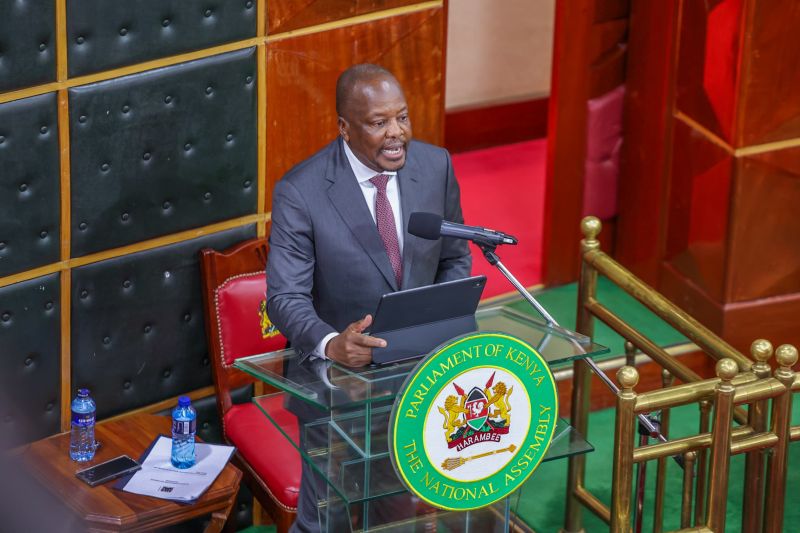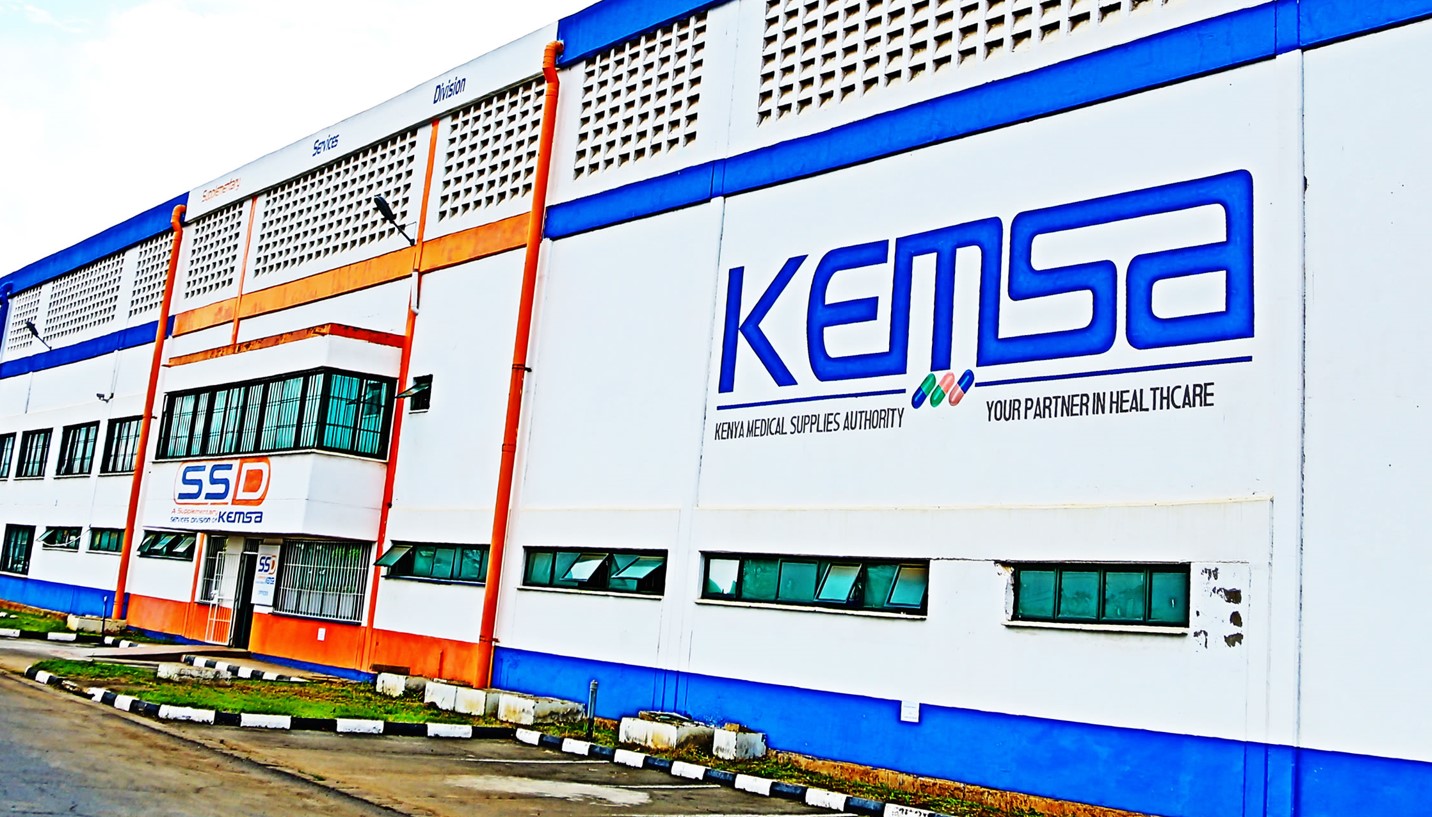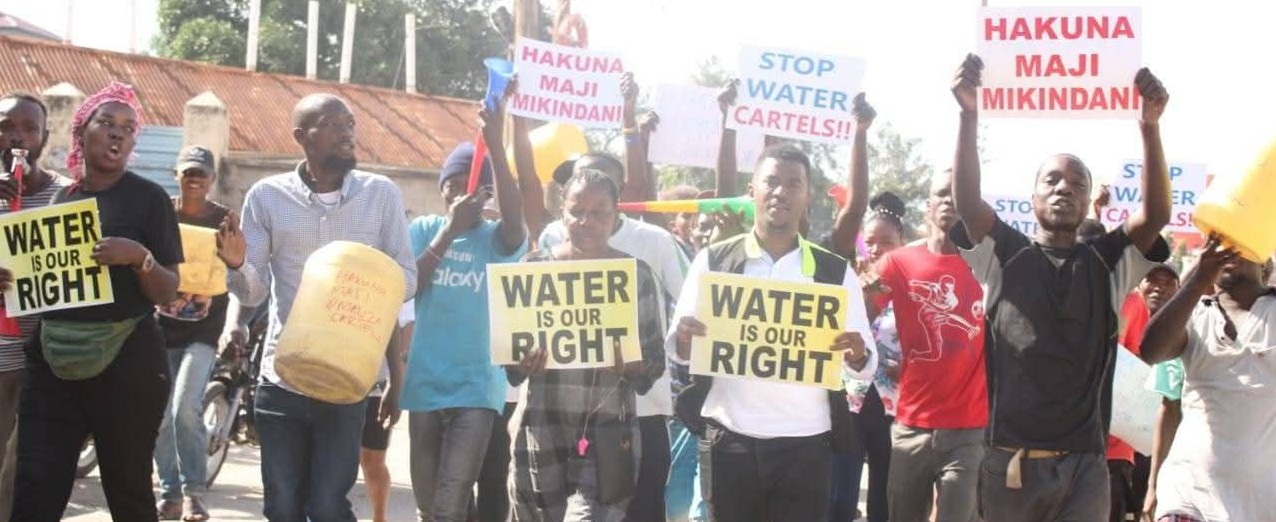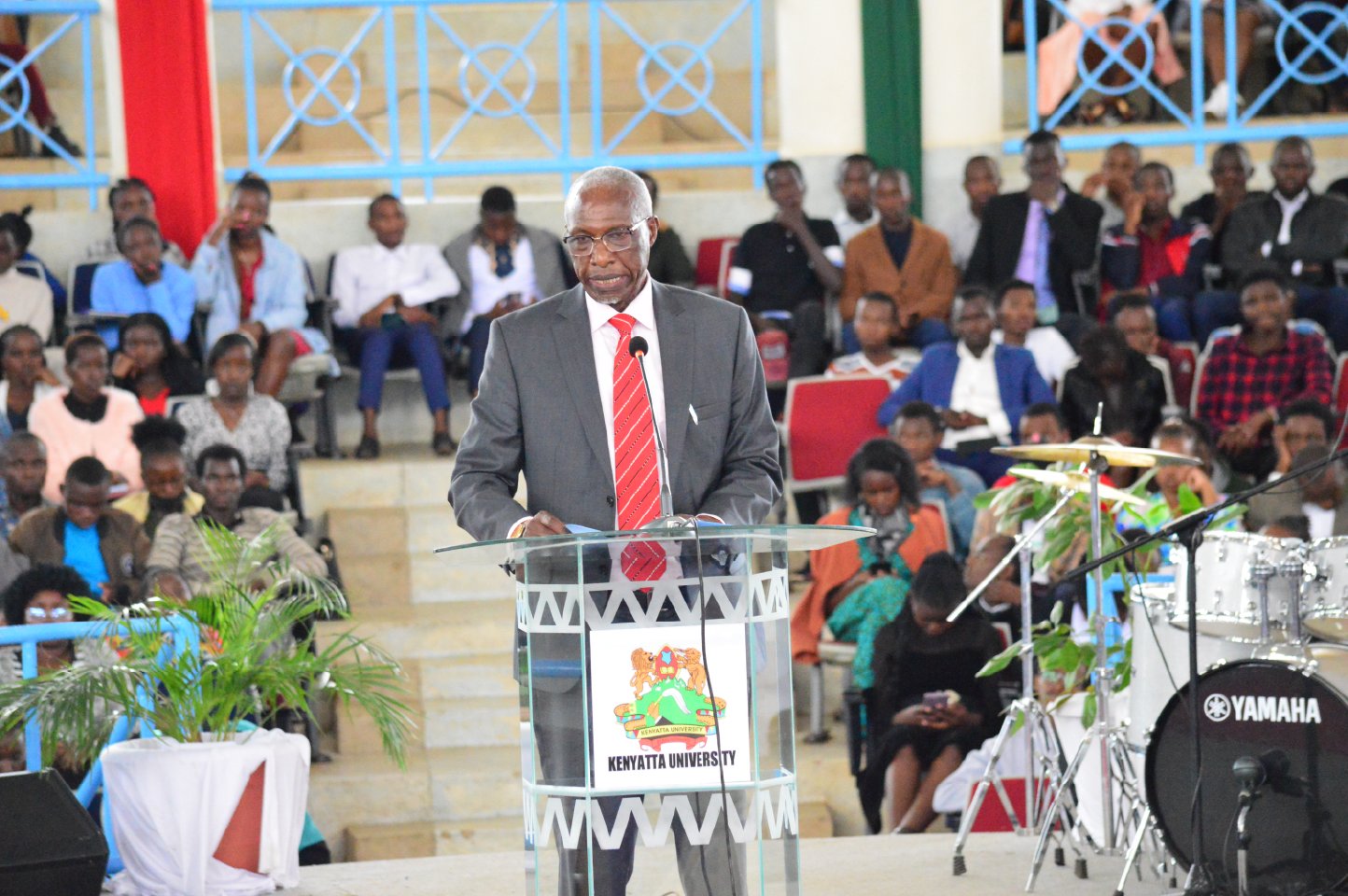Kenyans to continue paying housing levy despite earlier declaration of its unconstitutionality
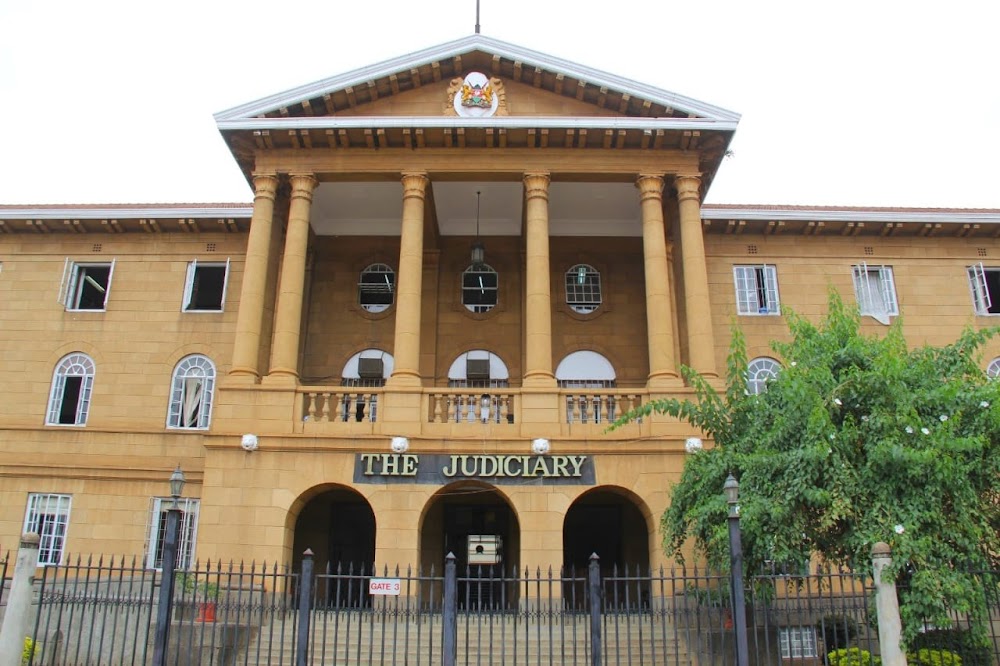
The burden of taxation continues to weigh heavily on salaried Kenyans, as the High Court in Nairobi granted stay orders on Tuesday, postponing the cessation of the controversial affordable housing levy until January 10, 2024.
The burden of taxation continues to weigh heavily on salaried Kenyans, as the High Court in Nairobi granted stay orders on Tuesday, postponing the cessation of the controversial affordable housing levy until January 10, 2024. This decision follows the court's declaration that the levy is unconstitutional, violating Article 10, 2 (a) of the Constitution.
Led by lawyer George Murugara, the Respondents in the case requested a 45-day extension to comply with the court ruling. Murugara urged, "In those 45 days, I urge you to suspend the oppression of those particular findings in the judgement and any decree that may flow therefrom pending the filing of a formal application under the Mutunga Rules and the Court of Appeal Rules."
More To Read
- Judiciary faces Sh576.6 million pending bills amid budget review
- Over 31,000 SGBV cases filed as courts improve response, Judiciary Report shows
- Top 10 counties account for 68 per cent of Kenya’s legal cases, says report
- How circuit, mobile courts expanded justice to underserved communities - report
- CJ Koome affirms Judiciary’s commitment to transparency, says trust central to transformation
- Supreme Court Judge Mohammed Ibrahim to retire after 23 years of service
The three-judge bench, consisting of Justices David Majanja, Lawrence Mugambi, and Christine Meoli, also nullified sections 84, 72 to 78 of the Finance Act. Justice Majanja, reading the judgement, stated, "We find that the introduction of the housing levy amendment to section 84 lacks a comprehensive legal framework in violation of Article 10 of the constitution, that levy against persons in formal employment without justification is discriminatory and irrational."
The housing levy, a significant component of the Finance Act, began being deducted from formally employed Kenyans in Eastleigh and across the entire country in July. The Kenya Revenue Authority (KRA) has been tasked with collecting the levy, with both employers and employees contributing at a rate of 1.5 percent each.
The government's initial justification for the levy was to fund the ambitious plan of constructing affordable homes for low-earning Kenyans. However, the court's ruling has sparked a temporary respite for Eastleigh residents and others as they await further legal proceedings and potential adjustments to the taxation procedure.
Top Stories Today



